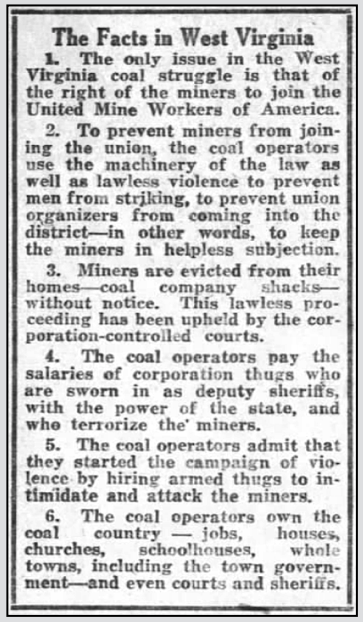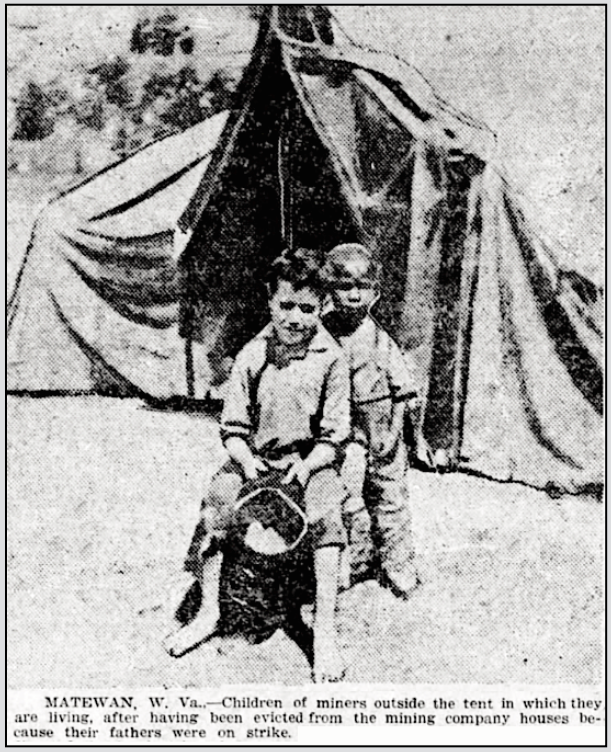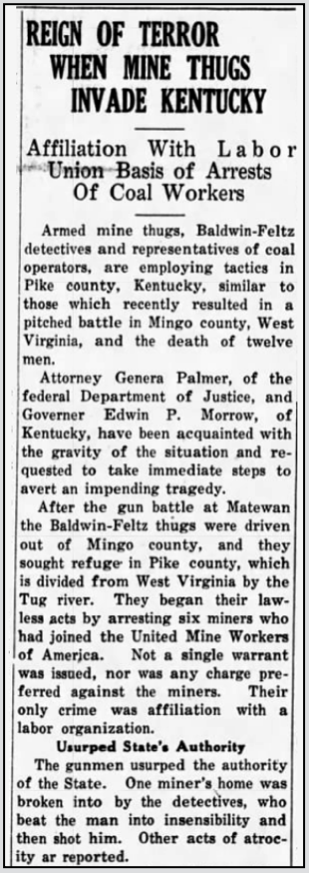 —————
—————
Hellraisers Journal – Monday October 31, 1921
Winthrop D. Lane on West Virginia’s Coal Field War, Part II
From The Survey of October 1921:
[Part II of III.]
Throughout the country today the bituminous coal fields are largely organized. Soft coal is produce in some twenty states. Such large coal-producing areas as Ohio, Indiana, Illinois and Western Pennsylvania have almost solidly accepted the union. The United Mine Workers of America is a relatively advanced element of the American labor movement. Its national body has demanded the nationalization of the coal mines and certain districts have begun to demand a share in the maintenance and control of production. Among the most important non-union fields are the Connellsville section in Pennsylvania, another strip along the Allegheny River, the Alabama fields, Utah, and these non-union areas of West Virginia. Bit by bit the union has succeeded in wresting one section after another of West Virginia. Bloody scenes have marked this progress at intervals. Today approximately half of the 95,000 miners in the state are members of the union. The unorganized portions are concentrated, for the most part, in the five counties of Logan, Wyoming, Mercer, McDowell and Mingo.
Who are the operators in this district that are so hostile to unionism? Not as much is known about the ownership of coal lands in West Virginia as might be. Some clue to the forces back of the struggle is gained, however, from the fact that the United States Steel Corporation is one of the largest owners of non-union coal land. Subsidiary companies of the corporation own 53,736 acres of coking coal land and 32,648 acres of surface coal land in Logan and Mingo counties combined, according to its annual report for 1919. In the Pocahontas field—chieflyMcDowell, Mercer and Wyoming counties—the corporation leases, through subsidiaries, 63,766 acres of the best coking and fuel property. The Norfolk and Western Railway Company, which traverses the Pocahontas field, is also heavily interested in coal lands in these parts. It owns nearly every share of the Pocahontas Coal and Coke Company, a leasing company, on whose lands upward of twenty-five mining companies operate. The Norfolk and WesternRailway Company is commonly understood to be controlled by the Pennsylvania Railroad. There are, of course, other large owners and many smaller ones. The resident owner is not scarce, but a great deal of the land in these regions is owned by absentee holders, living in other states and the large cities.

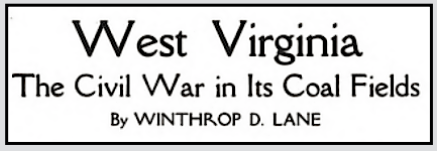
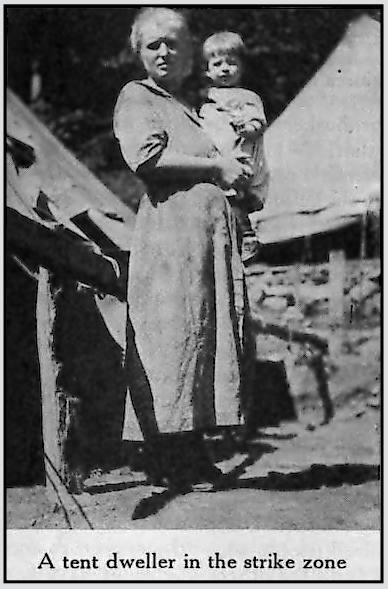
 —————
—————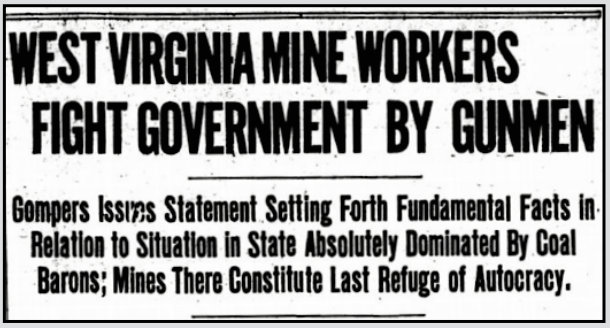
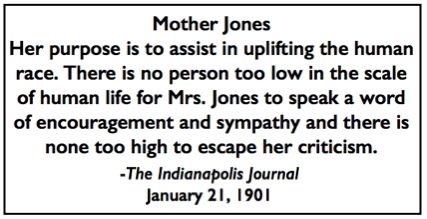 —————
—————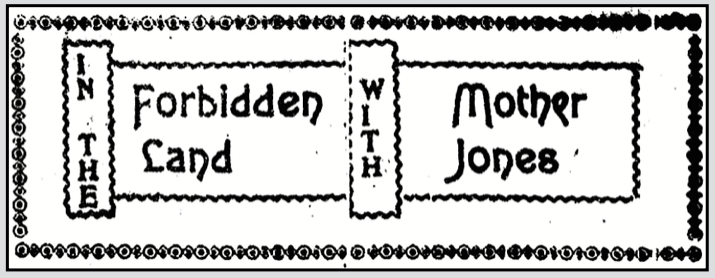
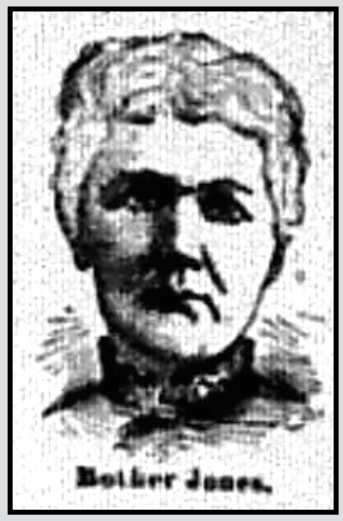
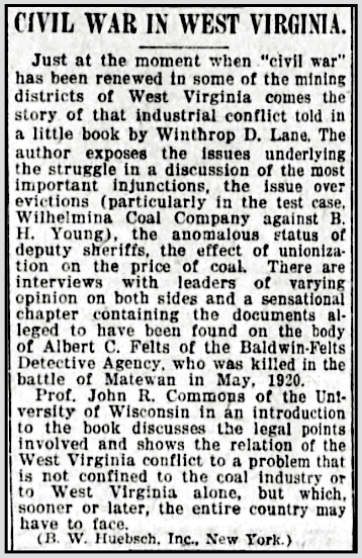
 ————
————